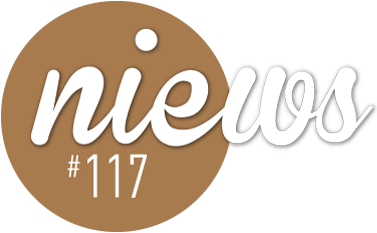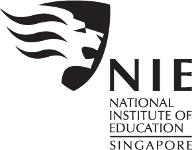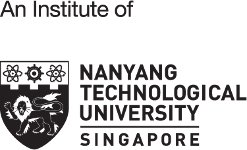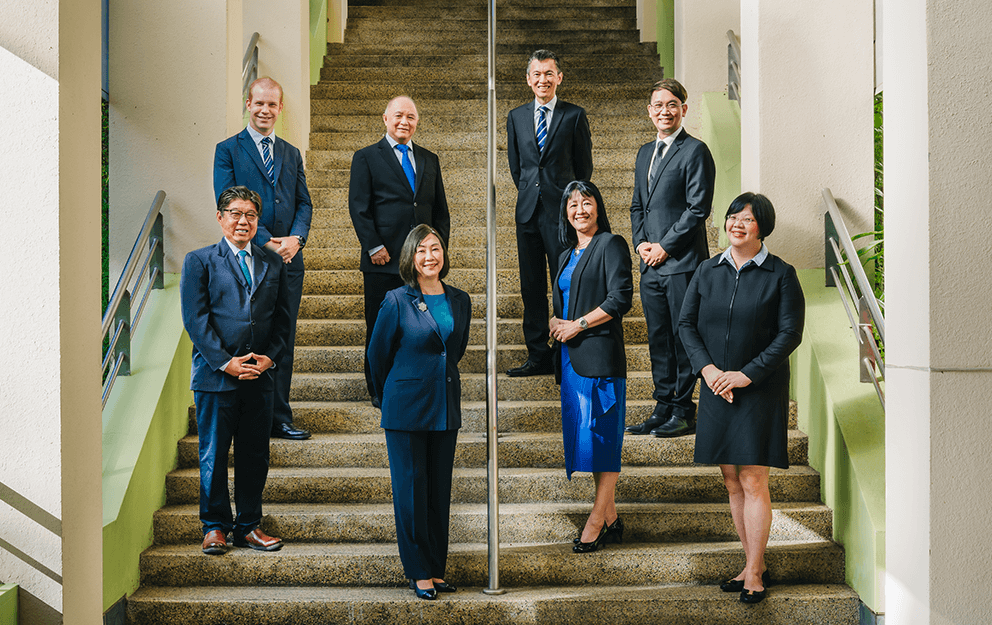Amid challenging times, the quality of resilience takes centre stage as the NIE navigates the new normal with a new senior leadership team. NIEWS finds out if COVID-19 has changed the way these leaders approach their respective roles.
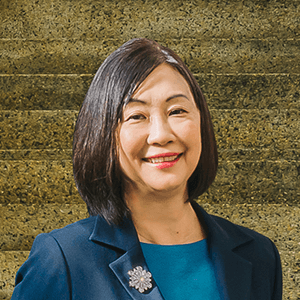
“The abrupt loss of in-person interactions strengthened my belief that people must be at the heart of leadership. More than ever, it was important to connect with colleagues and students who were coping with the challenges of the pandemic. Maintaining communication and showing concern for one another helped keep us together as a community. With regard to my learning as a leader, I appreciate the power of positive role models. I continue to learn from mine about caring for and nurturing others, making difficult decisions, handling criticisms, leading with vision and conviction, and building a positive academic and organisational culture. Values important to me are justice, compassion, humility and authenticity.”
Professor Christine Goh
NIE Director
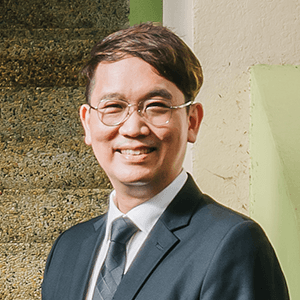
“The pandemic has changed peoples’ lives irrevocably. The resulting uncertainties, complexities and ambiguities would now have to be considered as we further develop our academic and strategic planning domains. There is certainly a need to nurture resilience in faculty, staff and students, and to reflect on what matters most to us as educators. Being a member of the leadership team, I see it as part of my role to develop people’s potential. We have plenty of headroom to progress and create new solutions, post-pandemic. In empowering teams to innovate, we must learn to focus on potentials, rather than just the areas for improvement.”
Professor Chang Chew Hung
Dean, Academic & Strategic Development
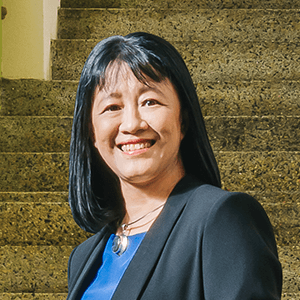
“My favourite leadership quote is this: ‘If your actions inspire others to dream more, learn more, do more and become more, you are a leader.’ The late Ms Elizabeth Poey, my former PE teacher, was one such leader. Some 30 years ago, she brought a group of students to the foothills of Mt Everest, a feat unheard of at that time. She inspired them to cast aside their self-constraints and dream the impossible. This opened my eyes to a world beyond Singapore. Likewise, as a teacher educator and mentor, I hope to do the same for my students — to inspire them to dream and become more.”
Associate Professor Liu Woon Chia
Dean, Teacher Education
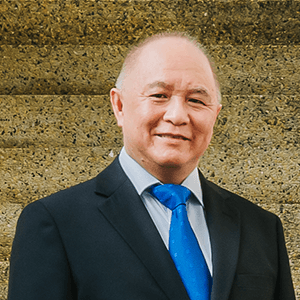
“COVID-19 may have altered the way we communicate and the way we do certain things, but it hasn’t changed my principles or approaches to work. To me, a large extent about being a leader has to do with making decisions. Leaders are expected to do the right thing, no matter how inconvenient. Yet, depending on situations, sometimes it is better to be kind than to be correct. Therefore, leadership entails a constant balance between these two seemingly contradictory aspects of decision-making. And a good leader, to me, is the one who gets it right most of the time.”
Associate Professor Ang Keng Cheng
Dean, Graduate Studies & Professional Learning
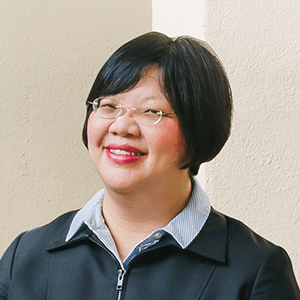
“Leadership is about the embodiment and role-modelling of values that one wishes to inculcate institute- and university-wide. In the words of John C Maxwell, the highest level of leadership is about personhood, where people follow us because of who we are and what we represent as a person. The pandemic has not changed the way I feel about my leadership role or as a mentor. Now, more than ever, there is a critical need to tie faculty development to mentorship — to grow the next generation of leaders, who are able to lead the institute to achieve its vision and mission.”
Professor Low Ee Ling
Dean, Academic & Faculty Affairs
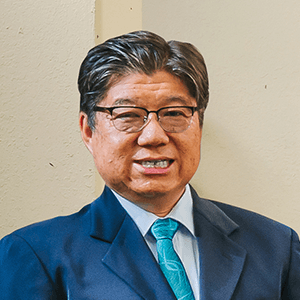
“COVID-19 has forced me to rethink the format and delivery of lessons. However, the essence of education remains the same. As Dean of Education Research, my focus is to leverage on evidence-based findings to improve resilience and wellbeing among students, as well as invigorate the meaning and purpose of education. I view my leadership role as a chance to make a difference through service — whether to the nation, community, institution or in my personal sphere. It is my belief that when we inspire others, they in turn will carry on the legacy of making a positive impact on future generations.”
Professor David Hung
Dean, Education Research
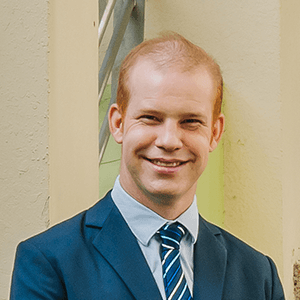
“Leading through the pandemic and seeing the challenges in our community has impacted me profoundly. The need for compassion and understanding cannot be overstated. Going forward, we would have to be even more flexible and adaptable. Solution agility, as we call it in IT, would be paramount. Ultimately, I subscribe to a servant-leadership approach that is people-centric. I hope to communicate this value through my actions, and to encourage the right attitude in others to succeed. There are situations where a leader must make decisions independently, but I always find it more fruitful and enjoyable to work and get there as a team.”
Mr Kristopher O'Brien
Divisional Director, Academic Computing & Information Services
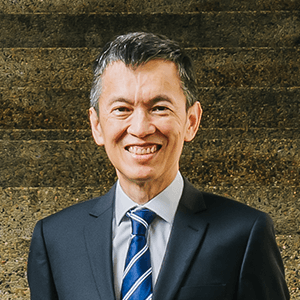
“To me, leadership is about bringing out the best in the team and to instil hope for success and a belief in themselves. In the context of my role at the NIE, it is to balance many competing demands of different stakeholders and to strategize a course of action with the best interest of NIE. Just as positive leaders empower people to accomplish their goals, positive teams are more resilient to challenges and I am proud to say that I am supported by a very able, dedicated and cohesive team of colleagues to do our work together.”
Mr Chan Tee Miang
Divisional Director, Corporate Planning & Development

